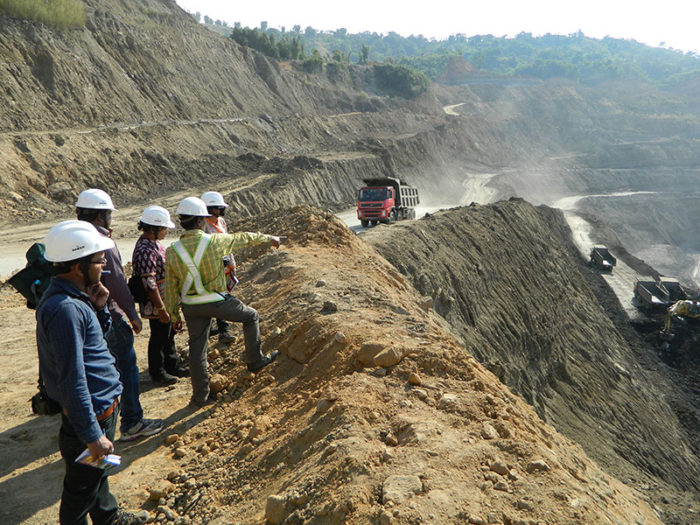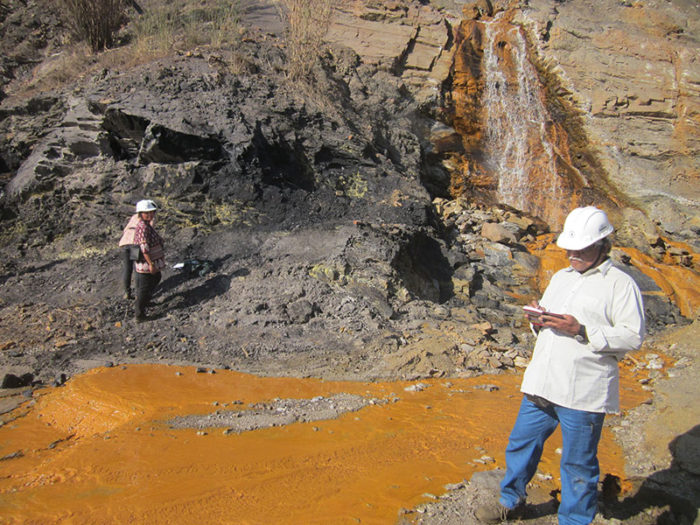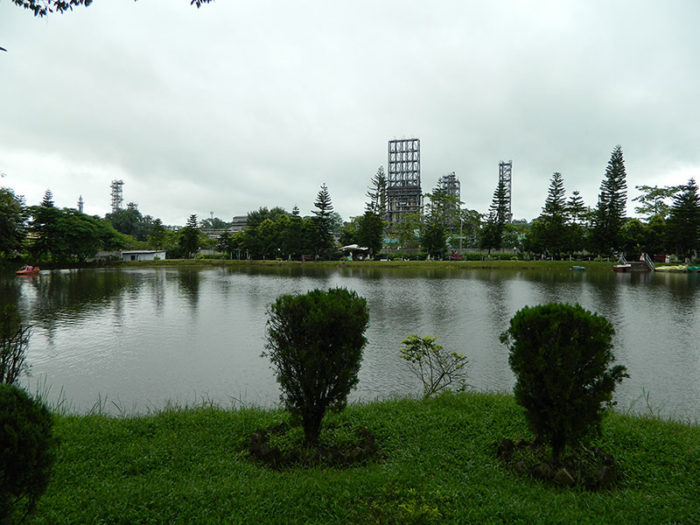Environment Management is the management of the interaction and impact of human societies on the environment. It is not, as the phrase might suggest, the management of the environment itself. It aims to ensure that ecosystem services are protected and maintained for future human generations, and also maintain ecosystem integrity through considering ethical, economic, and scientific (ecological) variables. It tries to identify factors affected by conflicts that rise between meeting needs and protecting resources. It is thus linked to environmental protection, sustainability and integrated landscape management.
Environmental resource management can be viewed from a variety of perspectives. It involves the management of all components of the biophysical environment, both living (biotic) and non-living (abiotic), and the relationships amongst all living species and their habitats. The environment also involves the relationships of the human environment, such as the social, cultural and economic environment, with the biophysical environment. The essential aspects of environmental resource management are ethical, economical, social, and technological. These underlie principles and help make decisions.
Sustainability in environment management involves managing economic, social, and ecological systems both within and outside an organizational entity so it can sustain itself and the system it exists in. In context, sustainability implies that rather than competing for endless growth on a finite planet, development improves quality of life without necessarily consuming more resources. Sustainably managing environmental resources requires organizational change that instills sustainability values that portrays these values outwardly from all levels and reinforces them to surrounding stakeholders. The end result should be a symbiotic relationship between the sustaining organization, community, and environment.
Today’s economic paradigms do not protect the natural environment, yet they deepen human dependency on biodiversity and ecosystem services. Ecologically, massive environmental degradation and climate change threaten the stability of ecological systems that humanity depends on. Socially, an increasing gap between rich and poor and the global North-South divide denies much access to basic human needs, rights, and education, leading to further environmental destruction.
The planet’s unstable condition is caused by many anthropogenic sources. As an exceptionally powerful contributing factor to social and environmental change, the modern organisation has the potential to apply environmental resource management with sustainability principals to achieve highly effective outcomes. To achieve sustainable development with environmental resource management an organisation should work within sustainability principles, including social and environmental accountability, long-term planning; a strong, shared vision; a holistic focus; devolved and consensus decision making; broad stakeholder engagement and justice; transparency measures; trust; and flexibility.
SPADE and Environment Management
SPADE along with different facets of people organized FEAS or Friends of Environment for Academia and Society which is a voluntary association to take positive environmental action to protect nature and the planet Earth. People from Universities, Colleges, Schools, Administration, Professionals from the field of Law, Medical Sciences, Technology, Scientists from different fields, Social Activists, Journalists, Artists and concerned citizens from urban and rural areas are most welcome to join this platform.
SPADE Management studied vast regions of fossil fuel zones of India for Environmental Impact Study, specially in the north-eastern part of India.
Suggested reference: http://feas-kolkata.blogspot.in/
Among the prominent members there are people like:
- Dr. Radha Tamal Goswami, Director, Techno India College Of Technology
- Dr. Amitava Bandyopadhyay, Associate Professor, Department of Chemical Engineering.
University of Calcutta and Editor: Water & Environmental Engineering, CLEAN – Soil, Air, Water, Member Editorial Advisory Board, Greenhouse Gases: Science & Technology, Member Editorial Advisory Board, Environmental Quality Management. - Srijnan Sanyal, Gurgaon, Haryana , Senior Corporate executive and expert in Telecom and IT Industry
- Himadri Maitra, Sub-Divisional Disaster Management Officer.









